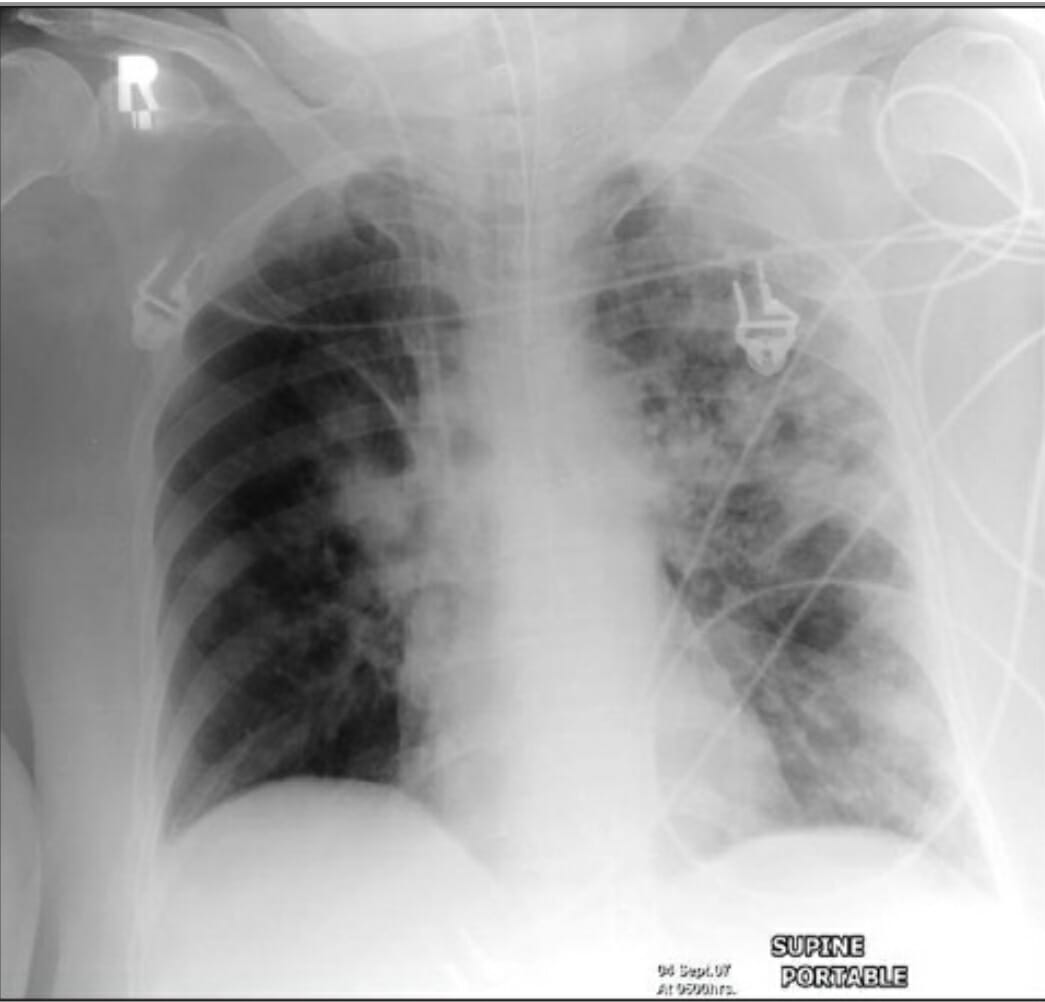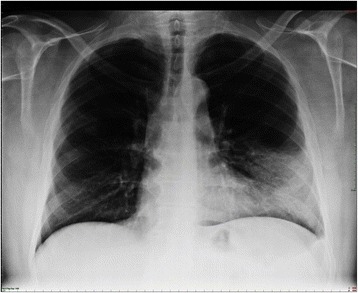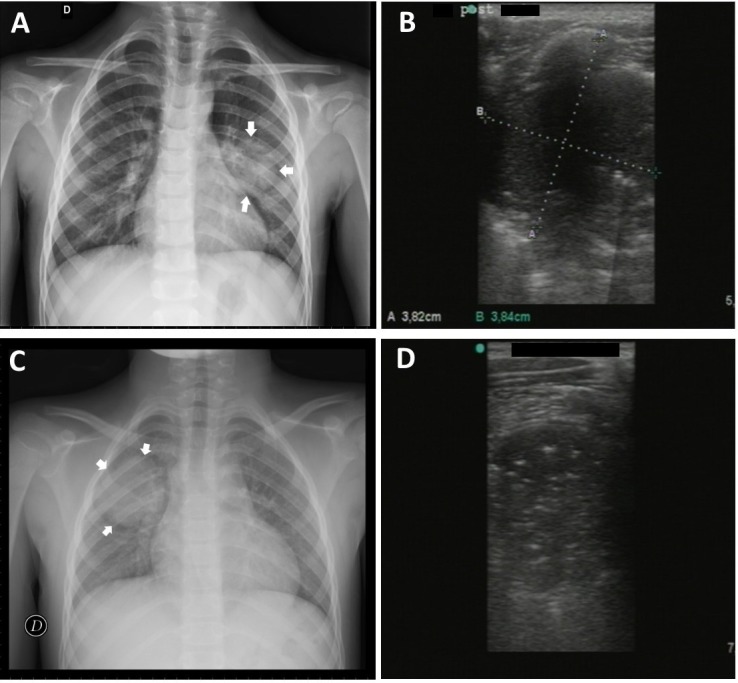Playlist
Show Playlist
Hide Playlist
Community-acquired Pneumonia (CAP): Management
-
Slides Pneumonia Alverson.pdf
-
Download Lecture Overview
00:00 So you want to know about antibiotics and what antibiotics should we choose. In order to make that decision, we have to make a few assessments. First we need to know how sick is this child. 00:12 If the child is going to the wards or staying in the outpatient setting, we're going to do very narrow-focused antibiotic. We don't need a broad-spectrum antibiotic and we're willing to take some risk that maybe the bacteria is resistant to this antibiotic maybe we need to ramp up our antibiotics later but we're going to start with a narrow spectrum agent. If the child is in the ICU and in sepsis, we're going to start with a broad spectrum agent because we don't have the time or the ability to wait and allow this child to get worse if in fact this is the unlikely case of a resistant organism. If we're choosing an antibiotic, we want to know is this child likely to take oral medications. Amoxicillin, for example, is a good first choice for pneumonia. Oral amoxicillin is delicious. Clindamycin tastes terrible and if you're a 2-year-old who's being forced to take their medicine that may weigh in to your decision. You way want to know what the resistance pattern is in your community. The reality is right now in the United States we do not have very resistant <i>Streptococcal pneumoniae</i>. This is because of the way we've been vaccinating. So amoxicillin is working great in most places in the country, that's generally our first line agent but if you have a lot of resistance you might plan accordingly differently. You also need to know what are the side effects of that medication. So it is true for any antibiotic, we want to know do we need to check levels, things like that. It might be easier to use the medicine with fewer side effects. Okay, community acquired pneumonia, our number 1 choice by far and away is high-dose amoxicillin or high-dose ampicillin if they are hospitalized. This is a penicillin that is very effective against <i>Pneumococcus</i>. As you may remember from basic science, <i>Pneumococcus</i> prevents itself from being killed by the penicillins by altering its penicillin-binding protein. It does not create beta-lactamases. So adding sulbactam or amoxicillin plus clavulanic acid does not help in community acquired pneumonia. By far and away, the best thing to do is to raise the dose and thereby attack those altered penicillin binding proteins. If a patient can't tolerate a penicillin or you're worried about resistance because of some spectrum of resistance in your community, you would maybe start with a third generation cephalosporin. Other drugs that have been found to be effective are fluoroquinolones but we don't encourage those because they have a black box warning. There are a number of side effects of fluoroquinolones that we want to avoid like life-long peripheral neuropathy. If a patient has a complicated pneumonia that is marked or a very very sick appearance or an abscess in their lung, we'll probably add <i>Staph aureus</i> coverage. This can be done by adding clindamycin or adding vancomycin in a very sick patient. 03:14 For infants, we do use broader spectrum agents because remember these infants are prone to other infections like <i>E. coli</i> which can get into lung. Lastly, we often will add azithromycin to infants under 6 weeks of age for concern over possible <i>Chlamydia trachomatis</i> but we'll test for that too through a nasal PCR. Can we prevent pneumonia? The answer is absolutely yes. So pneumococcal vaccine is an effective prevention against pneumonia and nationwide probably has resulted in the reduction in the rate at which this bacteria is resistant to antibiotics. The <i>Haemophilus</i> <i>influenza</i> type B vaccination has been amazing at preventing very severe pneumonia which used to happen with <i>Haemophilus influenza</i> type B. I've never seen a case because of vaccination. 04:04 Influenza vaccination is important in preventing pneumonia because it prevents superinfection that can happen after influenza. Same thing with varicella infection, it does reduce likelihood of superinfection in the lungs that can happen after varicella and don't forget the DTaP vaccine does prevent pertussis which can present with a pneumonia-like picture. So we have many vaccines that can prevent the likelihood of patients developing pneumonia.
About the Lecture
The lecture Community-acquired Pneumonia (CAP): Management by Brian Alverson, MD is from the course Pediatric Infectious Diseases.
Included Quiz Questions
Which of the following is the antibiotic of choice for bacterial pneumonia in an otherwise healthy child?
- Amoxicillin
- Azithromycin
- Clindamycin
- Moxifloxacin
- Vancomycin
Which of the following drugs is discouraged due to its side-effects in children with pneumonia?
- Fluoroquinolones
- Amoxicillin
- Ampicillin
- 3rd-generation cephalosporin
- Ampicillin and gentamycin
Which of the following drugs is added for the treatment of infants with pneumonia due to Chlamydia trachomatis?
- Azithromycin
- Ciprofloxacin
- Clindamycin
- Amoxicillin
- Moxifloxacin
Which of the following vaccines is NOT helpful in the prevention of pneumonia or superinfections in children?
- Rotavirus vaccine
- Influenza vaccine
- Haemophilus influenzae vaccine
- Pneumococcal vaccine
- Varicella vaccine
Customer reviews
5,0 of 5 stars
| 5 Stars |
|
1 |
| 4 Stars |
|
0 |
| 3 Stars |
|
0 |
| 2 Stars |
|
0 |
| 1 Star |
|
0 |
Excellent lecture as usual from a master teacher. The most important points about management are highlighted. It would have been great to hear the teacher's opinion about PO vs IV treatment, indications of drainage in case of empyema/abscess. Otherwise, I particularly liked the part about which vaccinations, why they are preventing pneumonia. Very well stressed I think. I'm going to use this when discussing with parents.






